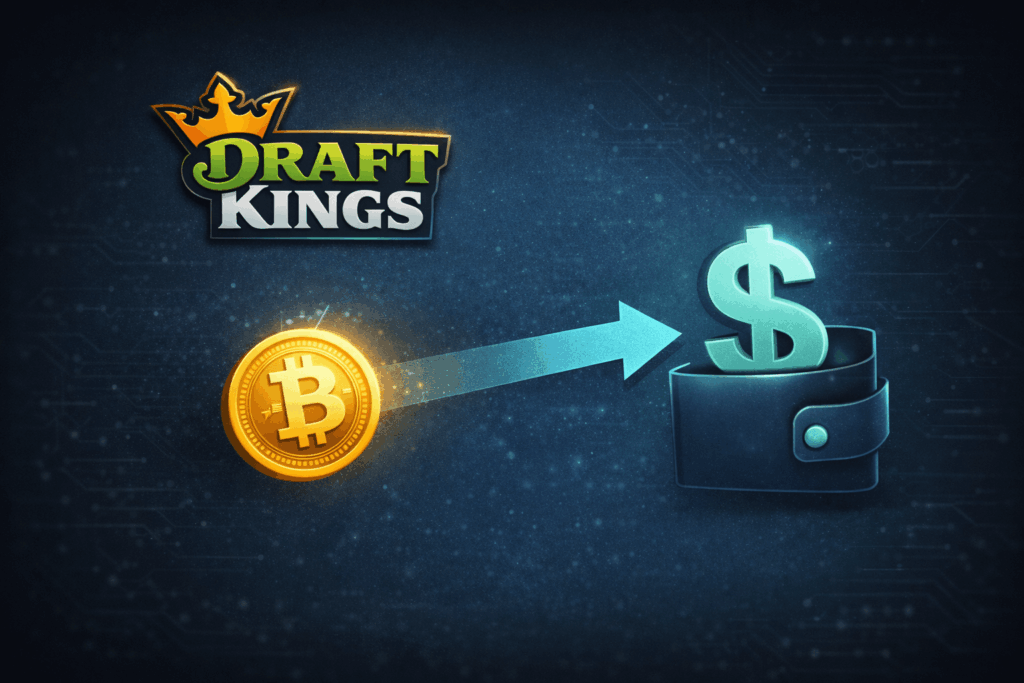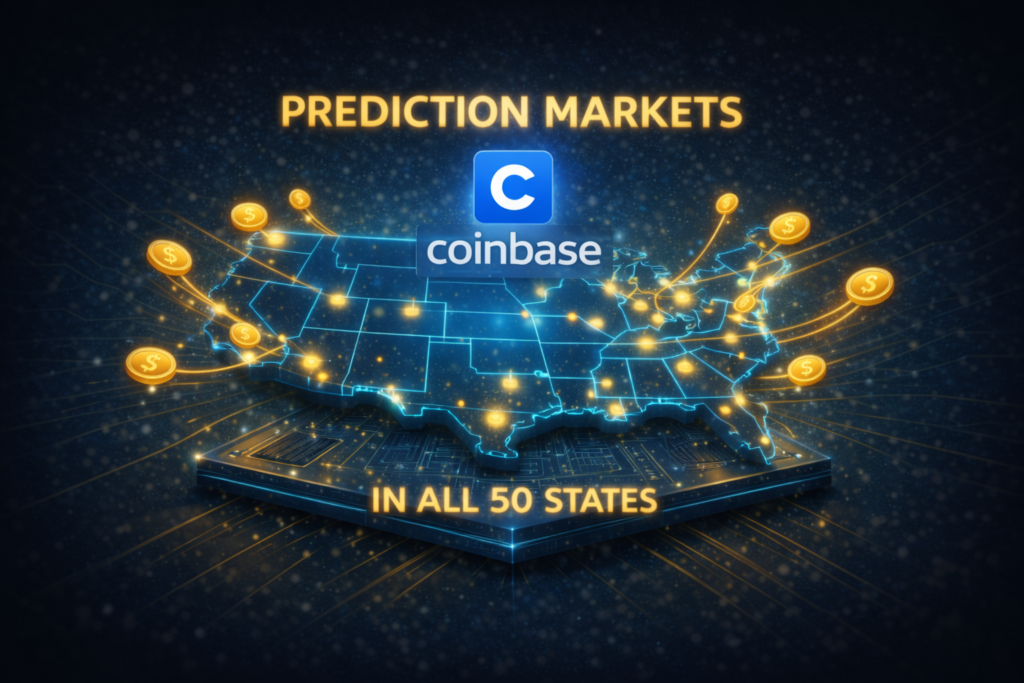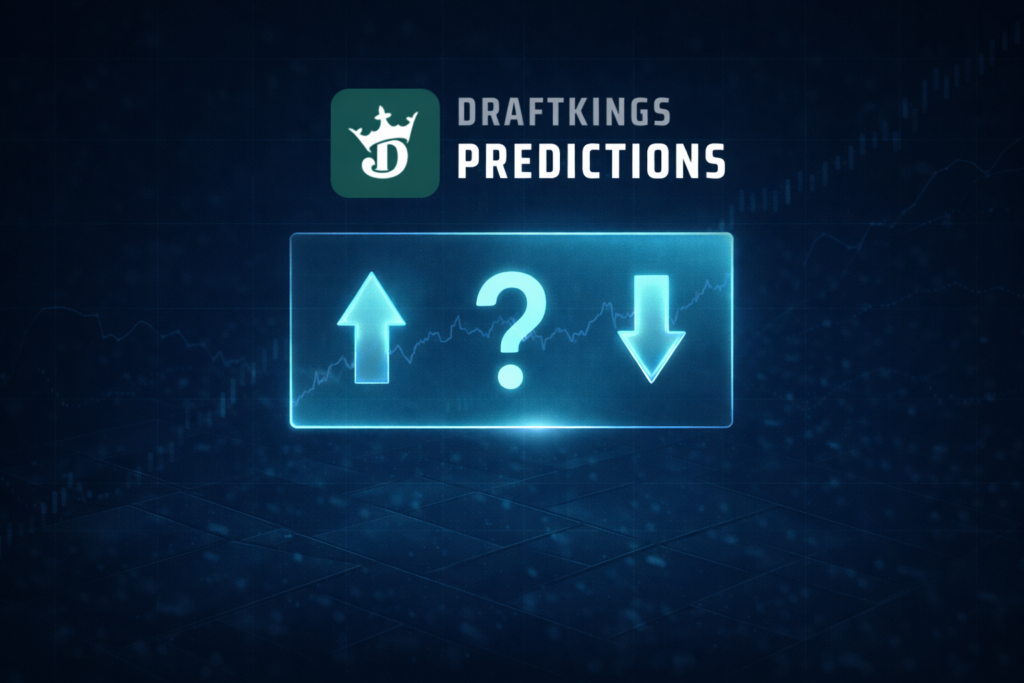Shayne Coplan, founder and chief executive officer of Polymarket, appeared on Tuesday at the Axios BFD Summit in New York City, saying that the traditional betting market is shifting away from sportsbooks toward prediction markets. Coplan didn’t spare his criticism of the current sports wagering market and its leading operators.
In an interview with Axios business editor Dan Primack, Coplan spoke candidly about the sports betting regulatory system in the US and soon-to-be competitors, FanDuel, DraftKings and Fanatics.
He was quick to call out the framework is built on a “scam”, criticizing the market for its lack of alternatives, calling it a “duopoly” consisting mostly of DraftKings and FanDuel, which Coplan argued were “ripping off customers.”
“There’s this patchwork state-based solution where every single state is like some sort of weird backdoor lobbying of the tribes get this, and the tax is this rate, and everything, it’s like a hodgepodge solution, and as a result, it’s so goddamn expensive that no new entrants can enter the market. … And if you look at all four of those products, they’re all identical. None of them innovative. They all rip off the consumer, respectfully,” Coplan blasted.
Will prediction markets see the Supreme Court?
In his response, the CEO said, “I think at some point,” and relayed that he expects the Supreme Court to make its own decision on whether to allow prediction markets to offer their own version of sports betting.
Following his comments on a Supreme Court decision, prediction markets have been progressively coming to the forefront in discussions surrounding legal issues.
Many states, including Nevada, Maryland, and Massachusetts, have been attempting to restrict prediction markets within their borders, issuing cease-and-desist orders and lawsuits to platforms like Polymarket rival Kalshi for offering what they consider to be illegal sports betting.
Kalshi has since sued the states, attempting to bring cases to federal court. In Maryland, a judge opposed Kalshi’s injunction, siding with state regulators. For Nevada, a judge has said that he is “leaning” more towards siding with Nevada in the state’s ongoing case against Kalshi.
However, not every state has seen legal victories against prediction markets. A judge in California ultimately sided with Kalshi after three tribes attempted to block the platform from offering sports event contracts on tribal grounds.
Despite growing tensions between individual states and prediction markets, Coplan remained confident that event contracts were the way forward, compared to traditional sportsbooks.
“And what I’m focused on is like, we are a prediction market company. We bought a derivatives exchange and a derivatives clearinghouse. That’s what we’re going to market with that. That is the infrastructure. And we’re focused on being compliant within that framework,” he said.











